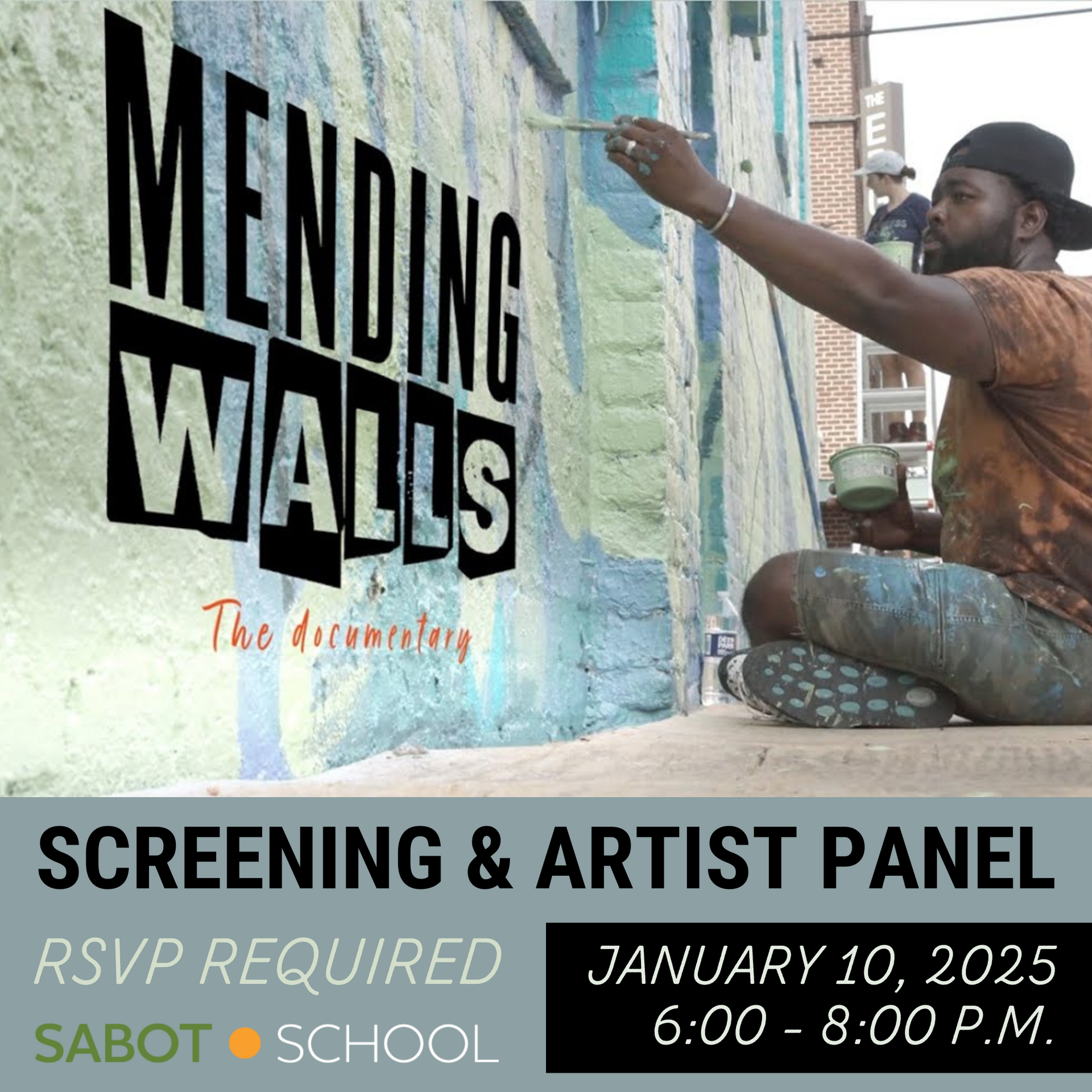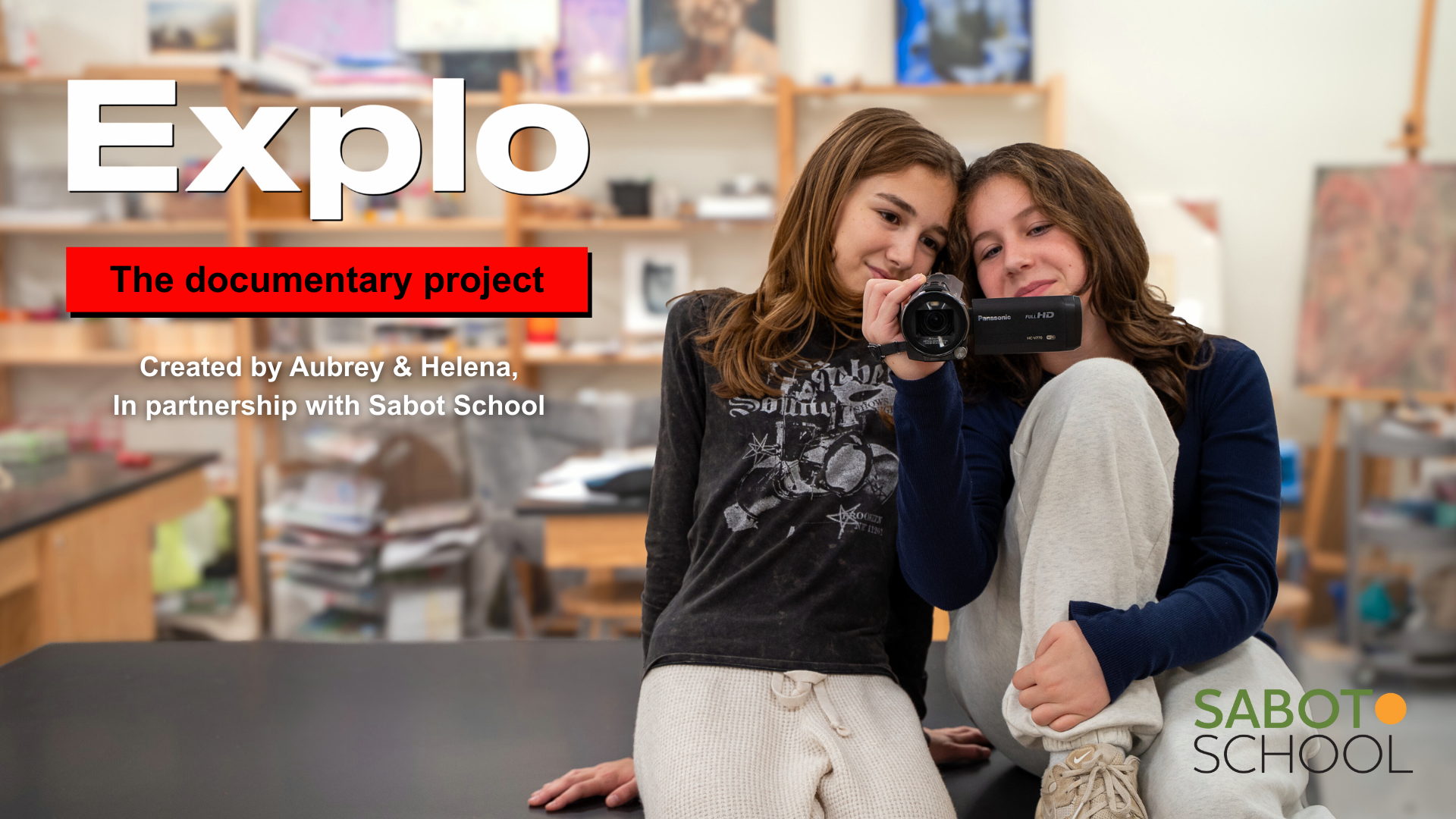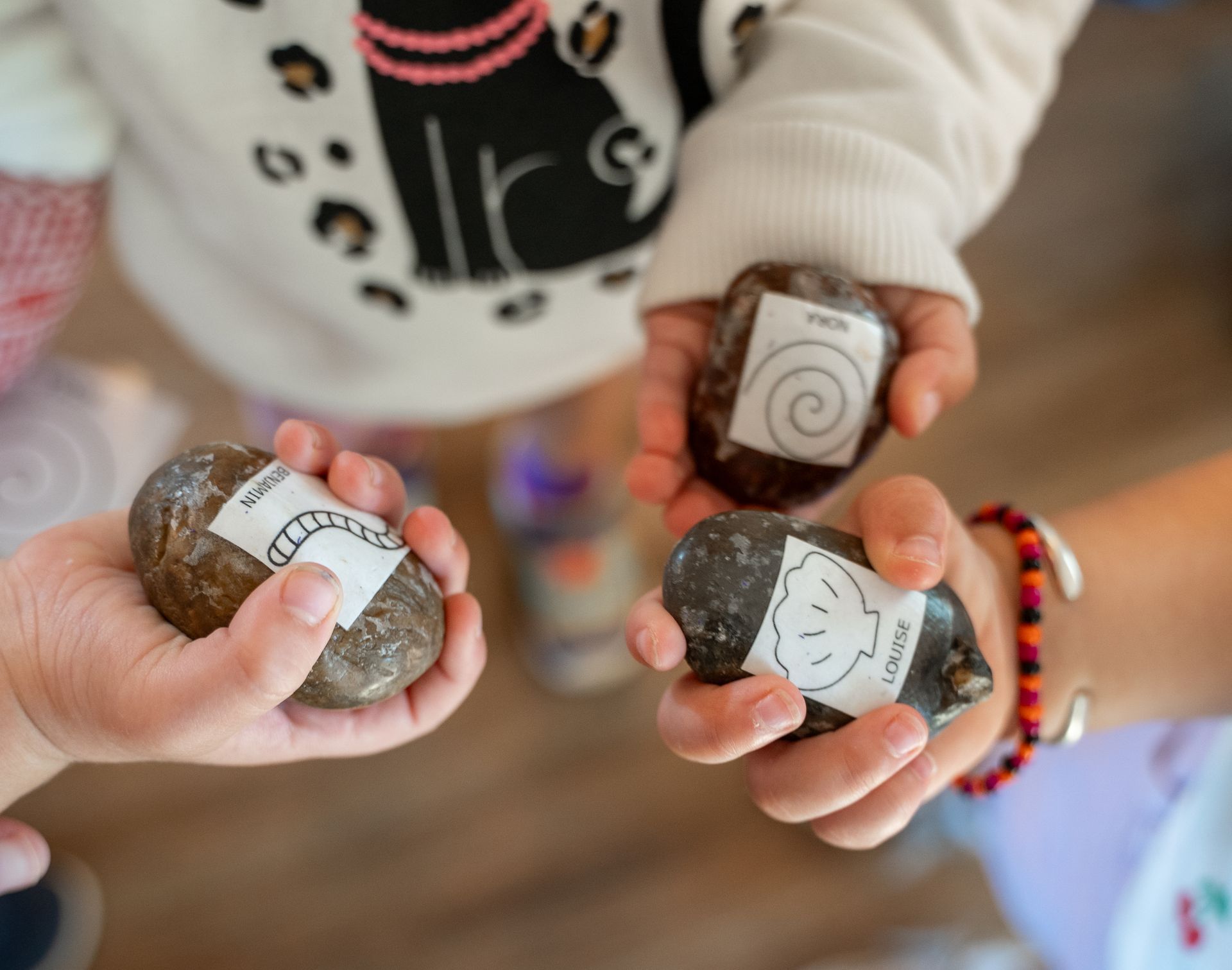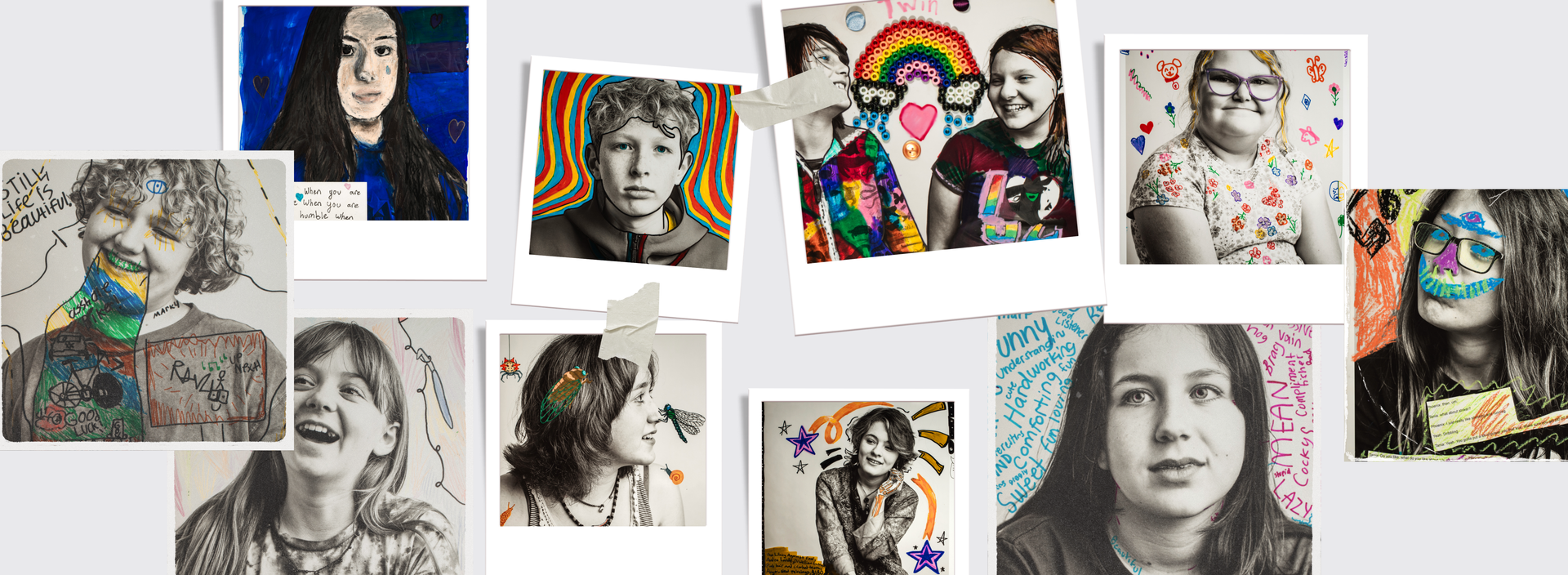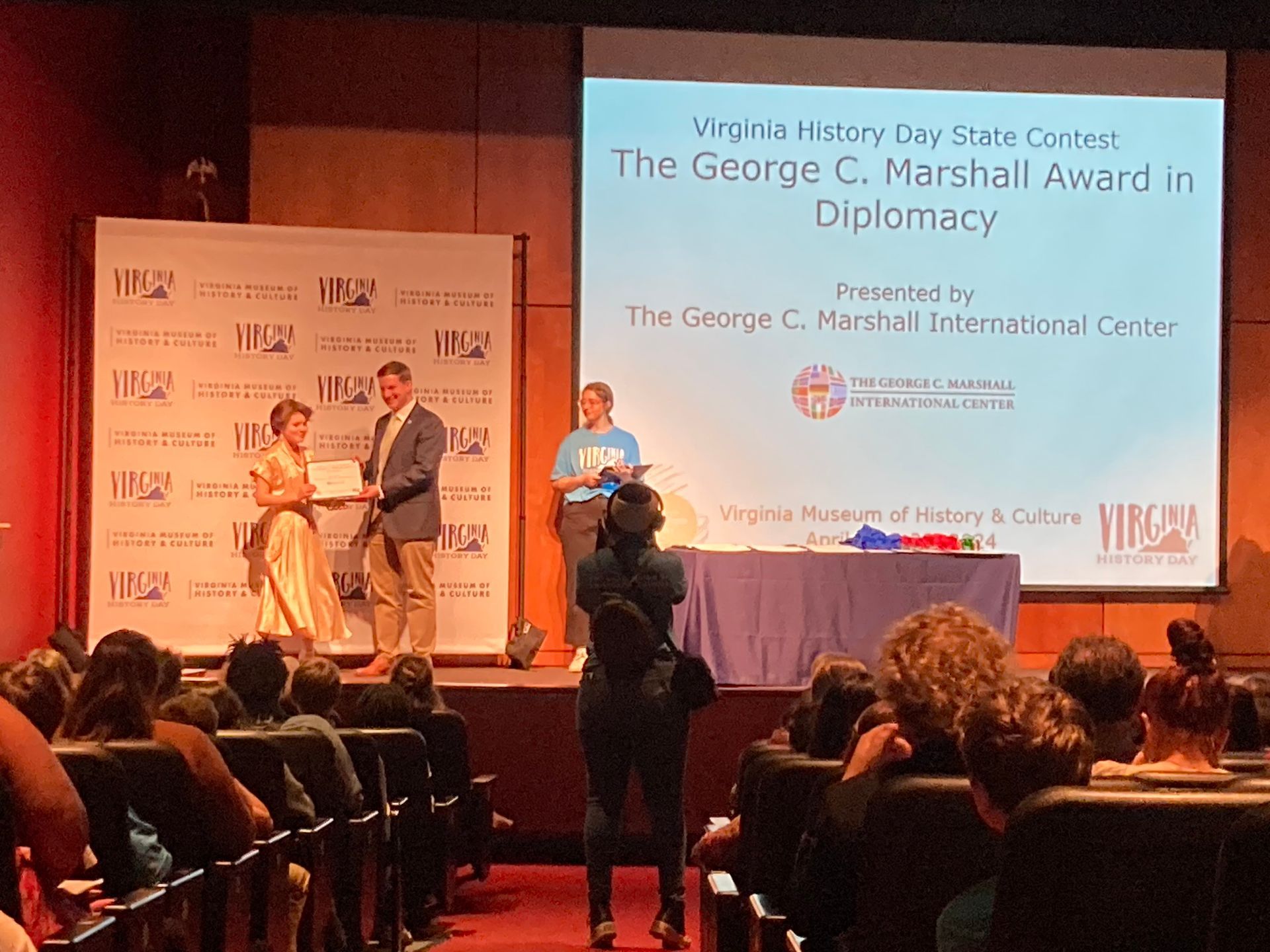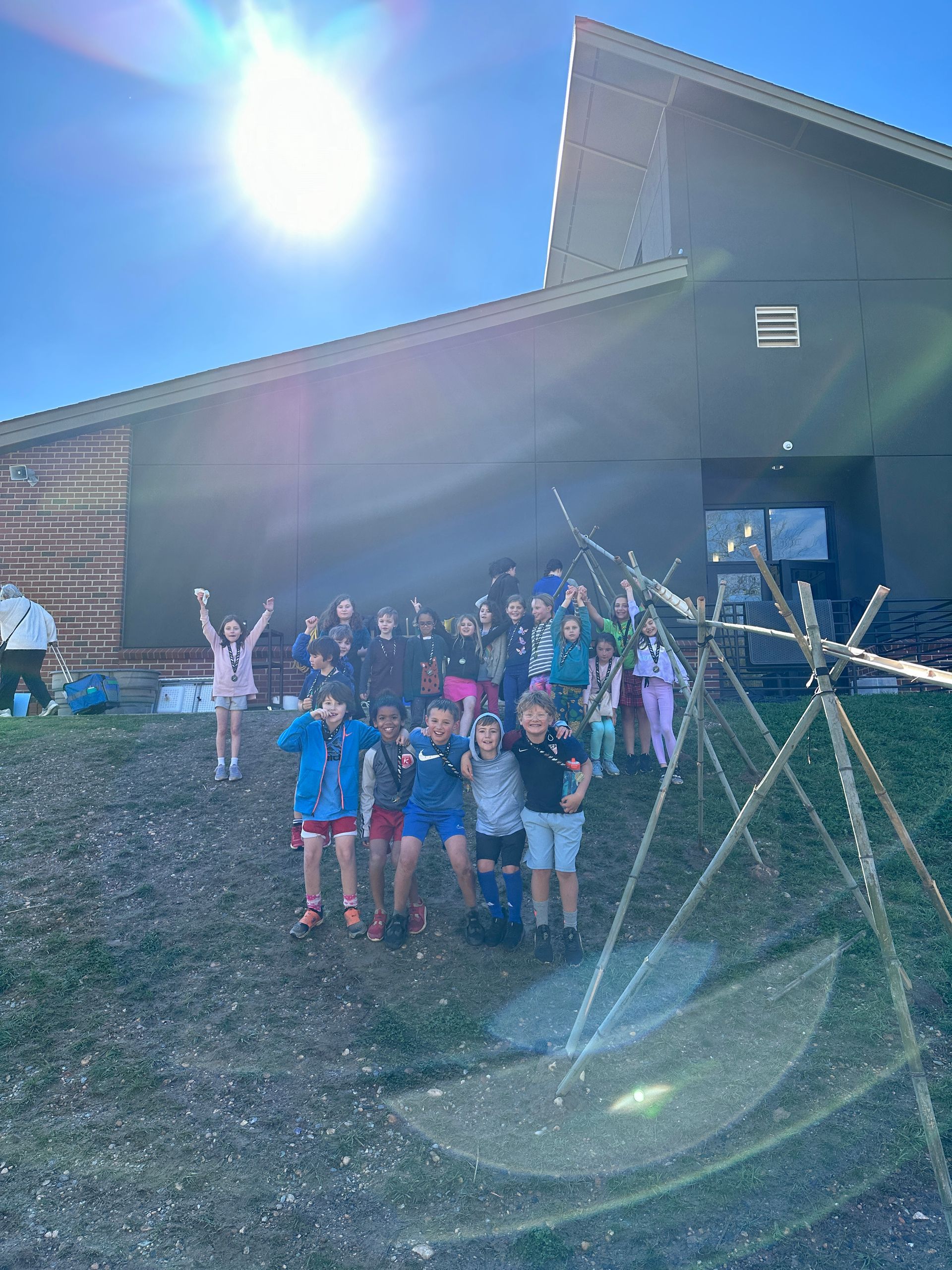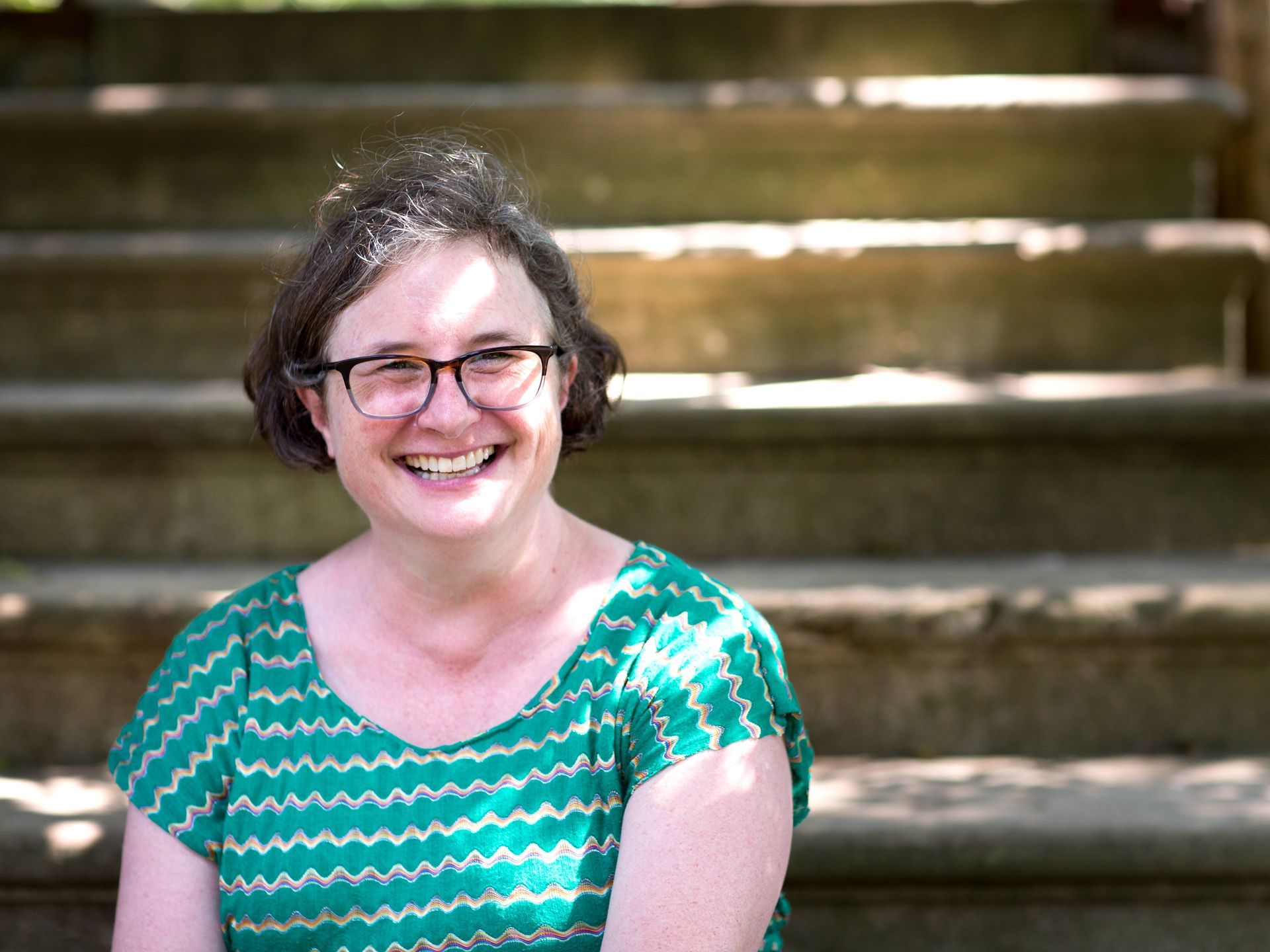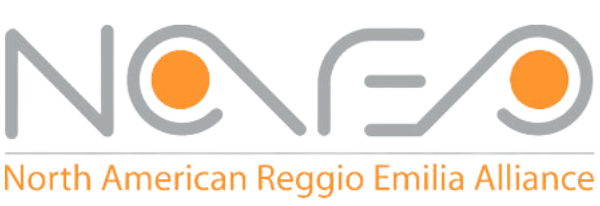Inside the Forest, Part 2: Demystifying Reggio, Discovering Beauty
A message for learning groups at Sabot
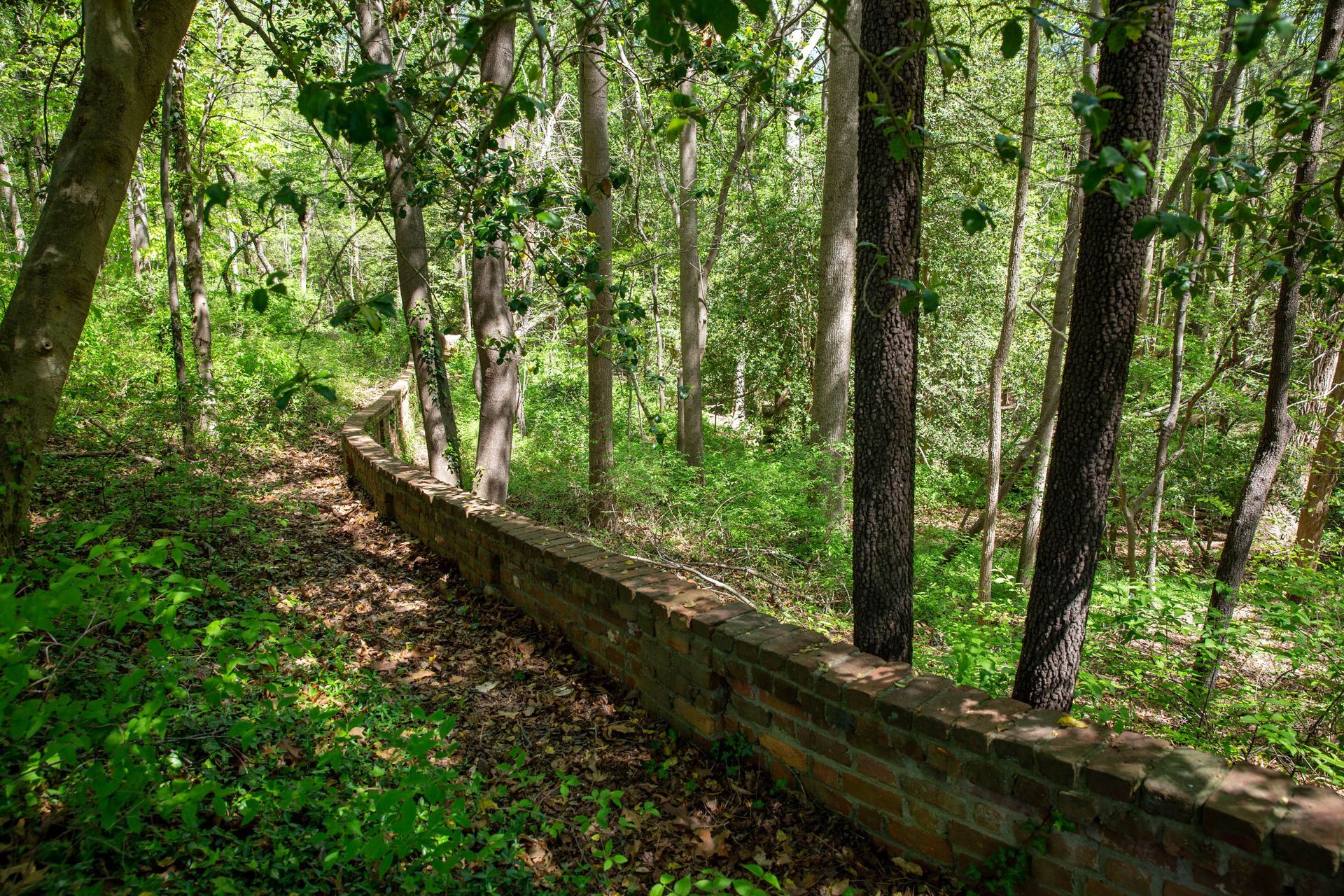
September 21, 2022
“All of this is a great forest. Inside the forest is the child. The forest is beautiful, fascinating, green, and full of hopes; there are no paths. Although it isn’t easy, we have to make our own paths, as teachers and children and families, in the forest. Sometimes we find ourselves together within the forest, sometimes we may get lost from each other, sometimes we’ll greet each other from far away across the forest; but it’s living together in this forest that is important.” –Loris Malaguzzi
As most adults and children alike have learned from experience, living together well has its challenges. If we think of the domestic household as another metaphor for the “great forest” we inhabit, we know that to live together well calls for patience, stamina, grace, boundaries, mutual respect, and a shared understanding of expectations. Most of us also know how it feels when our living together is out of whack; we know what it’s like to “greet each other from far away.”
To live together well requires, at its core,
participation. Relationships
depend
on it—interactive, emotional, and sometimes difficult participation—because it is at the root of our sense of belonging, our sense of safety and joy, our sense of purpose and kinship. When we are participants in the work of living together, we are much less likely to get lost in the forest.
So, what can this mean for education? In the Reggio approach, learning is an experience that depends on the participation, in all its hundred languages, of everyone—students, teachers, families, the whole school community—in order to balance and nurture the ecosystem of the larger forest of education. When Loris Malaguzzi, the founder of the Reggio Emilia Approach® refers to “our own paths, as teachers and children and families, in the forest” he is not valuing one path over the other nor is he surmising which path is the correct one. After all, “it’s living together in this forest that is important.”
In that spirit, Sabot’s philosophy runs counter to some modern understandings and models of education which typically involve the actions of an adult toward a child and which rely on the adult as the owner and giver of knowledge. The adult, often standing and positioned in front, has a prepared lesson to present for the benefit of quiet, seated students. This is certainly one way of delivering content and information, one path, and it is a way that works for some. It is not an incorrect path. But, in a Reggio setting like Sabot’s, we maintain that
participation in the discovery and construction of knowledge and the ways it is represented and expressed—that is, one’s true sense of belonging to the process itself—is one of our school’s most important values. This means, in short, that our work is to provide spaces, arrangements, provocations, questions, languages, methods, and strategies that make participation in this way possible and meaningful from our youngest-aged students to our oldest. It is what we mean by “inquiry-led” and “student-centered.” We believe that children are not empty, passive vessels waiting to be filled; rather, that they are active and capable protagonists who deserve a rich and permeable learning experience.
Discussions of pedagogy and philosophy are generative and (we think so!) interesting. However, they often land in an abstract realm of thinking and with open-ended questions: “What kind of responsibilities does a school have to its students? To its families? What kind of culture should a school be working toward? What is the future of school?” It is our hope that learning groups at Sabot will delight in those questions but might also find concrete evidence of the work in practice; we are
doing
what we’re thinking about and our aim is for learning made visible.
Importantly, it is not only the students who are tasked with learning and participation, but all of us. Carla Rinaldi, a revolutionary thinker and leader in education, writes that true participation means “keeping our distance from an overriding sense of balance from that which has already been decided, reconstituted, or considered to be certain. It means staying close to the interweaving of objects and thoughts, of doing and reflecting, theory and practice, emotion and knowledge.” She goes on to say, “There is a constant relationship of reciprocity between those who educate and those who are educated, between those who teach and those who are taught.” We commend to you her essay, linked here, in which she speaks eloquently about schools as places of culture, value, and participation. It appears within a larger collection titled
Making Learning Visible: Children as Individual and Group Learners
(Project Zero, 2001), which weaves scholarship and theory of the hundred languages and the multiple intelligences of human beings.
Here is an excerpt of that essay.
“Because we are now in a phase of increasing globalization, we are inundated with information and kept abreast of events across the entire planet in real time. We are spectators, more than authors, of an extraordinary technical-scientific revolution that is changing the quality of human relationships, the definition of personal identity, and the construction of cognitive processes. New issues will certainly emerge regarding the concepts of privacy, ethics, space, and time.
So is the ‘new’ to be found in the media explosion? I think not, or at least not
only there. The media revolution will be just one of the possible futures, provided we are able to produce another ‘revolution’; that is, the new is and will be found where individuals are able to overturn every rigid barrier of culture, class, ethnic group, and wealth. We will find the new and the future in those places where new forms of human coexistence, participation, and co-participation are tried out…. Today’s youth are already doing this. Young people are the great precursors and authors of these hybridizations: in music, in fashion, in design, creating new forms and new freedoms. Young people are extremely capable and sensitive in finding these common roots in different universes of thought….
Now more than ever, the concept of ‘the hundred languages of children’ seems to be an extraordinary intuition, as well as an obligation for all of us.
How can we make the languages truly one hundred in a ‘project of alliance’ with this cultural pluriverse that surrounds us? What can help us is the now-mature awareness of the unfinished nature of every tradition and of each of us. The new thus seems to lie in promoting an educational process based on the values of human dignity, participation, and freedom.”
_______________________________________________
Carla Rinaldi is a world leader in education, acclaimed for her inspirational lectures and writing on the educational project of Reggio Emilia, Northern Italy. President of Reggio Children since 2007, she is also a Professor at the University of Modena and Reggio Emilia. She worked side-by-side with Loris Malaguzzi, the founder of the Reggio Emilia Approach®, from 1970 until his death in 1994, as the first pedagogical coordinator. She has held visiting professorships at Webster University and Colorado University, and is responsible for research projects in collaboration with Harvard University, the University of New Hampshire, and the University of Milan, Bicocca.
SHARE THIS POST
